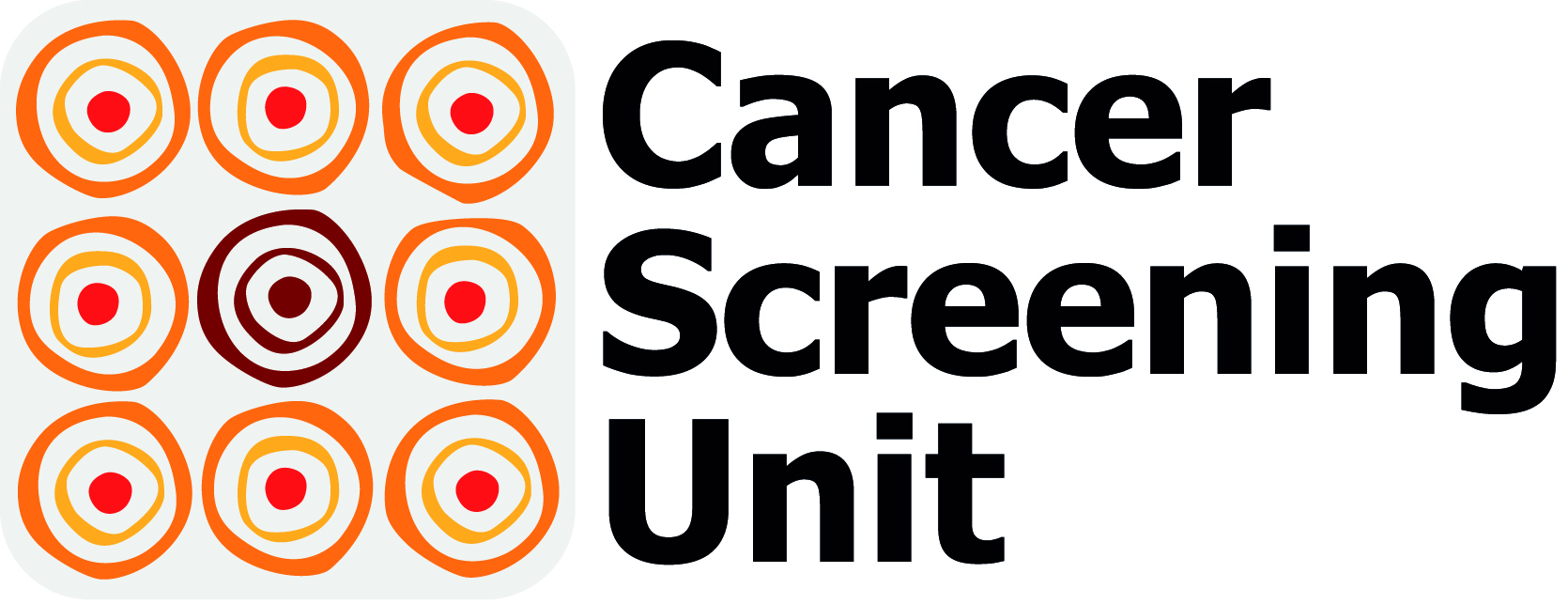Negative impact of the COVID-19 pandemic on colorectal cancer screening.
In a study published in the journal Preventive Medicine, the team of professionals of the ICO-IDIBELL’s Colon Cancer Screening Unit has analyzed the short-term effects of COVID19 in the program in the areas of influence of the ICO: north and south metropolitan area.
The program interrupted its activity for 5 months after the first wave of the COVID-19 pandemic. A 43% of the people who were to be invited to participate in the screening during 2020 did not receive the invitation. This has resulted in a delay that affects the entire target population of the program, approximately 500,000 people. In the short term, there has been a negative impact on the early detection of colorectal cancer.
The data show a decrease of 5.1% in participation and 8.5% in the adherence to the program among convicts during the months of January to March 2020. However, when the activity of the Program was resumed in September, the levels of 2019 were recovered. The interruption of the screening activity caused a delay in the completion time of people with a positive test (detection of occult blood in the fetus) during 2020, but despite this, higher levels of distress were not observed.
Regarding the negative effects in the short term, there has been a decrease in the detection of advanced neoplasm and an increase in cases of cancer detected in advanced stages compared to 2019 data.
The researcher, member of the Colorectal Cancer Early Detection Program of ICO l’Hospitalet- IDIBELL and first author of the study, Núria Vives, concluded that “In order to minimize the long-term effects of the suspension of the Program (increase of avoidable deaths from colorectal cancer), it is necessary to implement strategies to recover the delay in the invitation to participate and reduce the time to perform the colonoscopy after a positive result in the female occult blood test”.





No Comment